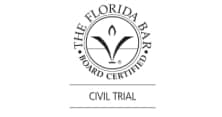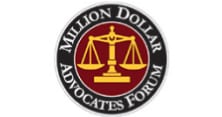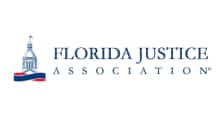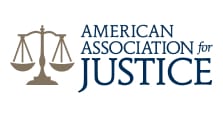




Insurance coverage provides much-needed financial protection for a business. If something unexpected happens, the right insurance policy can help to fill the gap. When we think about insurance, we typically think about a policy that covers property damage and medical bills. If you have business damage insurance, you can count on your insurer additionally covering things like interruptions to your business operations, loss of rent, loss of other income, payroll costs, and more.
Trying to navigate an insurance claim at the same time that you are trying to get your business back on track can be complicated, especially when the insurance company is unwilling to cover significant issues for which you know you are entitled to compensation. Unfortunately, insurers can be challenging to work with. This is where a business insurance attorney comes in handy, like the team at Bernheim Kelley Battista, LLC. Contact a business damage insurance lawyer today for a free, confidential consultation.
Damage to a business can come in a wide variety of forms. It is crucial that all companies have the right insurance coverage to suit their particular needs. Some notable examples of business damage that may be insurable include:
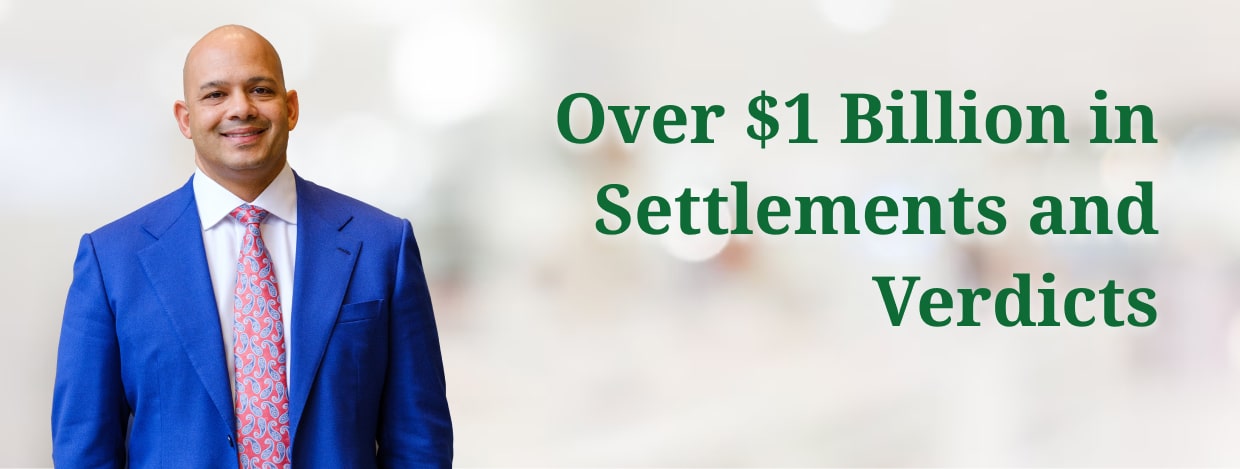
Investopedia describes business interruption insurance as coverage that replaces a company’s lost income in a period of suspended or reduced operations following a disaster. There are many causes of business interruptions and damages that can trigger a business interruption claim. Some common causes include:
Business interruption insurance is meant to protect business owners against interruptions to their income due to issues covered by their policy. This means that the policy will pay out for things like payroll, operating expenses, and other costs that would have been taken care of by income. However, there are often specific exclusions for viral and bacterial issues, meaning that pandemic-related business closures do not typically allow for a business owner to file a claim. Though, there are some exceptions. The most common things that a business owner can expect to be covered by their business interruption insurance are as follows:
Did your business sustain significant damage? Whether it is physical damage, such as fire on the premises, or corresponding loss, such as lost profits related to a temporary suspension of operations, you may have a claim for benefits through an insurance policy. Business damage claims are complicated. An experienced fire damage insurance lawyer can help. The business damage insurance claims process may involve the following components:
To learn more, schedule a free consultation with us today.
A business insurance claim could be denied for a wide range of different reasons. Some of the most common reasons why businesses see their claims denied by insurance companies include the following:
A bad faith claim is a legal dispute in which an insurance company is accused of failing to act in good faith towards its policyholder. This can include denying a valid claim, failing to thoroughly investigate a claim, delaying payment, or offering an unfair settlement. Policyholders who believe their insurance company acted in bad faith can file a lawsuit to recover damages. A bad faith insurance claim may be actionable under Florida Statutes § 624.155.
Florida law, including the state’s Unfair Insurance Trade Practices Act, provides potential legal remedies to policyholders—including businesses—that have had their claim delayed or denied in bad faith. To bring a successful first-party bad faith claim, a business will typically need to prove the following five key elements:
What a commercial policyholder can recover in a bad faith insurance claim depends on a wide array of different factors. A comprehensive investigation of the initial claim and the bad-faith settlement practices used by the insurance company is crucial. Damages that may be recovered in a bad faith insurance claim include:
If you have ever filed an insurance claim for a car accident, home damage, or anything else, you may already be aware that filing a claim is, in itself, a simple process. You contact your agent to initiate your claim, at which point an adjuster is assigned to your case, and they investigate all aspects of your damages to compile a “fair” payment. During this time, they will submit requests for many documents, information, and statements about your business’ impact to ostensibly ensure that all of your needs are met. While insurance companies have their rights too, the reality is that they are for-profit businesses that are focused on their own bottom line—not what is best for policyholders. Here are some of the most common tactics used by insurers to deny business damage claims:
It depends on several different factors, including the terms of your policy, the type of coverage that you have, and the cause of the damage. Many insurance policies require timely reporting of damage. Failure to do so could invalidate business coverage. Notify your insurer of the damage as soon as possible. If your claim is denied, consult with a home damage insurance lawyer right away.
The Insurance Information Institute (III) explains that a commercial general liability (CGL) policy “protects your business from financial loss should you be liable for property damage or personal loss.” It can cover a range of non-professional negligent acts. A CGL policy covers third-party damages that your company may be liable for. It does not cover damage to your property.
Yes. A business can sue a commercial insurance company for denying a claim. That being said, it is crucial to consider several factors before taking legal action. If you feel that the insurance company acted in bad faith or was unreasonable in denying your claim, you may have grounds for a lawsuit. Consult with an experienced business damage claims lawyer right away.
It depends entirely on the nature and scope of your coverage and the cause and extent of your damages. Business damage claims are highly fact-specific cases. As your policy and your situation are both specific to you, it is best to speak with a business damage claims attorney about what you can expect to recover damages for as you file your claim. Be sure to consult with a lawyer before accepting an offer from the insurance company to ensure that you have addressed all damages and that you are getting the most out of your policy
We offer a free consultation for business owners and managers who are preparing to file an insurance claim against their business insurance policy. Filing a claim is a fairly straightforward process. Still, the issue is not with the ease of filing — the issue is the fact that insurance companies are focused on their own bottom line and profitability over your business’ needs, meaning they are looking to pay as little as possible. Working with an attorney will give you the space that you need to get your business back up and running without having to negotiate with your insurance adjuster for a fair settlement. At Bernheim Kelley Battista, LLC, we have what it takes to handle insurance claims. Call us now or contact us online to set up your free, fully confidential initial case review. We provide representation to commercial policyholders throughout the United States of America.


